
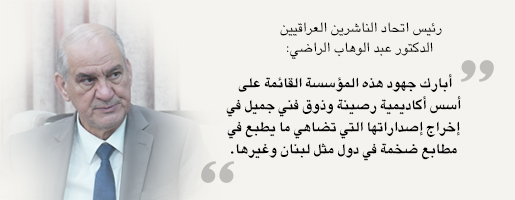
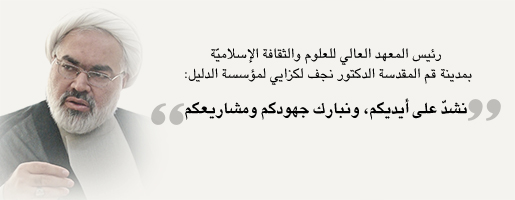



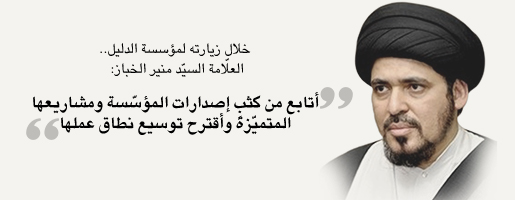
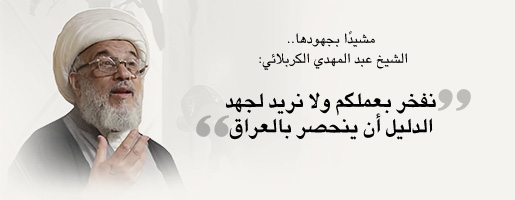
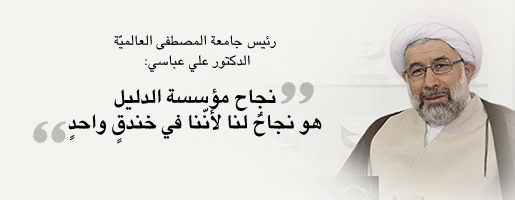

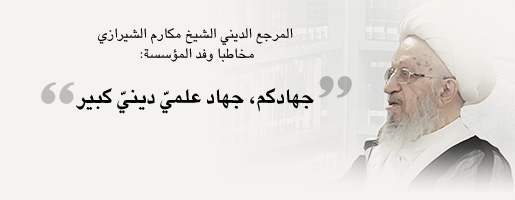
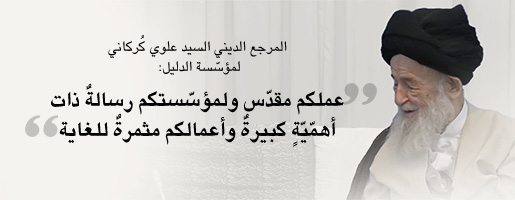
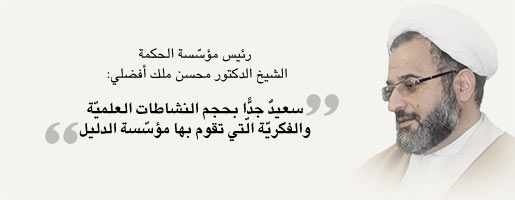
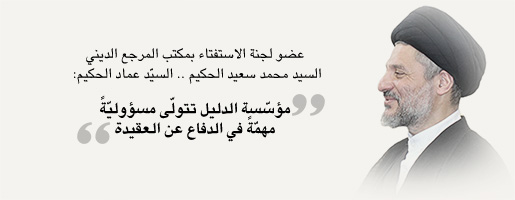


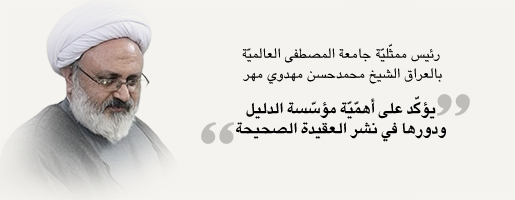
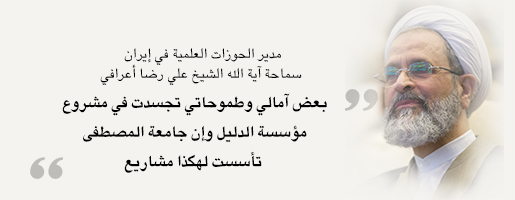
Ibrahim al-Shakhs
Summary
Humanism is one of the contemporary ideas that affect Western thinking with its various orientations. Humanism has appeared as reactions against the dominance of Christian Church over social and scientific life. Humanism so soon took on an anti-religious situation. However, modern humanism has general principles that may not openly announce hostility to religion, but it does have hostility towards religion by rejecting the religious teachings, being satisfied only with human sciences and establishing ethical foundations that do not depend on religion. Humanism has founded a worldview, in which man would be the axis of everything, and that God would have nothing to do with man’s life, saying that religious beliefs have no influence on life; and so, religion is of no importance to man. Therefore, religious and irreligious people are the same according to the humanistic thought. Although the religious thought believes that God is the axis of everything and that man is not but a slave (to God) who should manage his life according to the divine orders; it gives too much regard to man’s capabilities and role in life, but to limit man’s ability and life to the material side. Religious thought says that the loss of morality leads to a savage life full of fighting and aggression over transient pleasures.The study follows the descriptive, analytical approach in showing humanism, and the analytical-critical approach to criticize the principles of humanism and their consequences.
